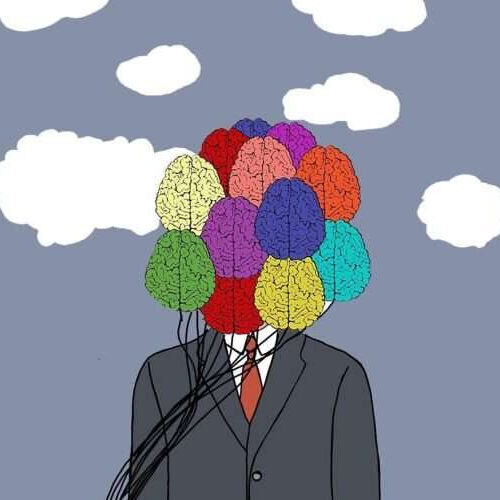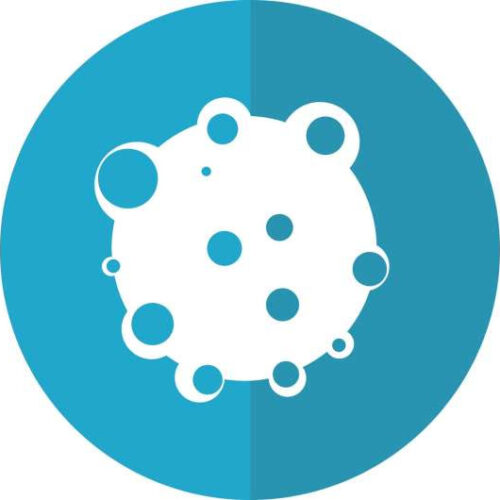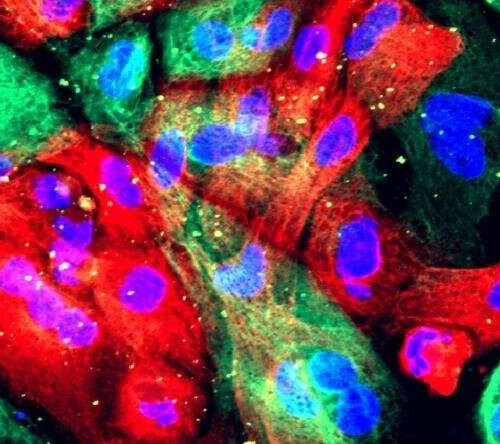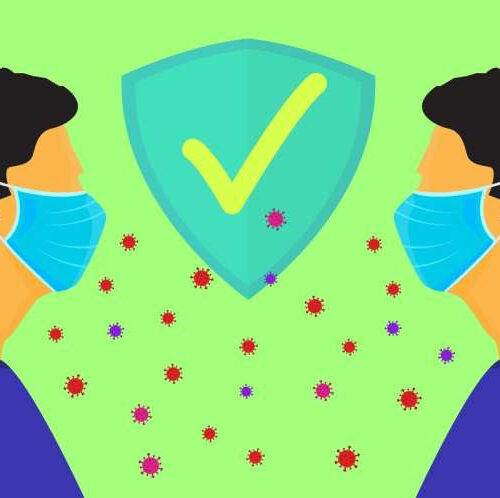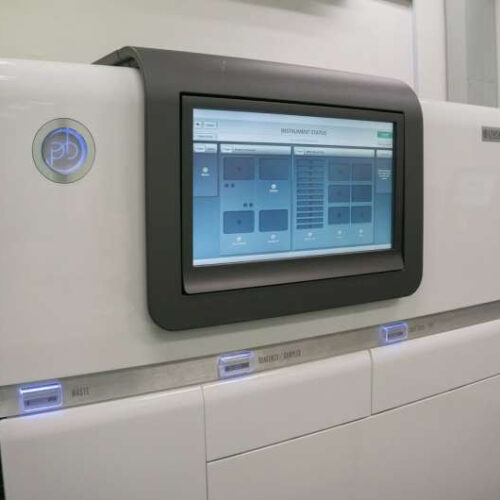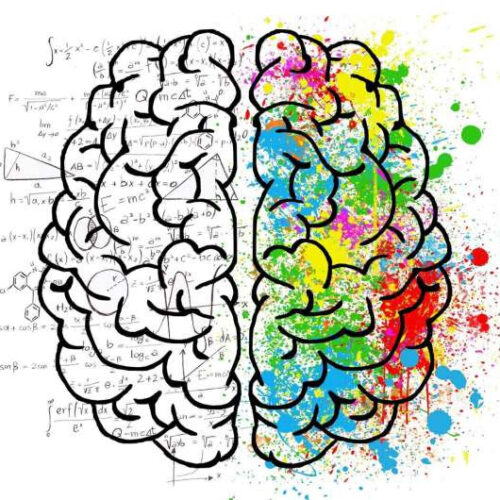(HealthDay)—Is your teen staring at their smartphone all day? There’s many things parents can do to protect kids from the potentially negative effects of social media, experts say. While there are positive aspects to social media, there’s evidence it can pose risks to teens’ mental health due to issues such as bullying, body image concerns,...
How do the effects of childhood abuse extend into middle age?
by Aaron Wagner, Pennsylvania State University Credit: CC0 Public Domain Childhood sexual abuse can lead to depression, anxiety, cardiovascular disease, and other health problems later in life. Not all abused children experience these problems, however, and researchers are working to understand whose health is affected and why. In a new article in the journal Psychoneuroendocrinology,...
Why do we forget? New theory proposes ‘forgetting’ is actually a form of learning
by Thomas Deane, Trinity College Dublin The new theory proposes that forgetting is due to circuit remodelling that switches engram cells from an accessible to an inaccessible state. Credit: Dr. Nora Raschle We create countless memories as we live our lives but many of these we forget. Why? Counter to the general assumption that memories...
No more surprise bills: Private insurance plans must cover the full colorectal cancer screening continuum
by American Gastroenterological Association Credit: Pixabay/CC0 Public Domain On Jan. 10, 2022, the Biden Administration issued guidance requiring private insurers to cover colonoscopy when needed as a follow-up to a non-invasive colorectal cancer screening test. This will prevent patients from receiving surprise bills for a colonoscopy when they receive a positive result from a stool-based test. Representatives of AGA,...
Large international evaluation shows AI accurately diagnoses prostate cancer
by Karolinska Institutet Prostate cancer cells. Credit: NIH Image Gallery Researchers at Karolinska Institutet in Sweden have together with international collaborators completed a comprehensive international validation of artificial intelligence (AI) for diagnosing and grading prostate cancer. The study, published in Nature Medicine, shows that AI systems can identify and grade prostate cancer in tissue samples from...
Preliminary research suggests SARS-CoV-2 virus less infectious within five minutes of exposure to air
by Bob Yirka , Medical Xpress Credit: Pixabay/CC0 Public Domain In a study that has not yet been peer-reviewed or accepted for publication, researchers at Bristol University in the U.K. have found evidence that suggests the SARS-CoV-2 virus becomes less infectious within five minutes of exposure to air. The team has published a paper on...
Jynigsaw-shaped peptide solves tissue regeneration puzzle
by Tokyo Medical and Dental University (Left) Jigsaw-shaped hydrophobic surface is the key structure forming nanofiber through β-sheet assembly. (Right) JigSAP-tagged VEGF (VEGF-JigSAP) is efficiently incorporated into and released from JigSAP hydrogels. Credit: Center for Brain Integration Research, TMDU Recreating native physiological processes in manmade materials imitating the biological structures involved in wound healing has...
Experimental medication could treat osteoarthritis by acting like ice
By Ben Coxworth January 12, 2022 As is the case with ice, tiny gel particles used in the medication are made slippery by a thin film of liquid watervkovalcik/Depositphotos Ice in and of itself isn’t slippery – it becomes slippery when friction causes a thin layer of liquid water to form on top of it. Scientists have...
New cloud-based platform opens genomics data to all
by Johns Hopkins University Credit: CC0 Public Domain Harnessing the power of genomics to find risk factors for major diseases or search for relatives relies on the costly and time-consuming ability to analyze huge numbers of genomes. A team co-led by a Johns Hopkins University computer scientist has leveled the playing field by creating a...
Researchers identify link that plays a role in regulating neuropsychiatric brain disorders
by McKenzie Harris, Florida State University Credit: Pixabay/CC0 Public Domain Florida State University researchers have identified a link between two key parts of the brain that play significant roles in conditions such as Alzheimer’s disease, post-traumatic stress disorder, schizophrenia and depression. Associate Professor of Psychology and Neuroscience Wen Li and psychology doctoral candidate Kevin Clancy...



